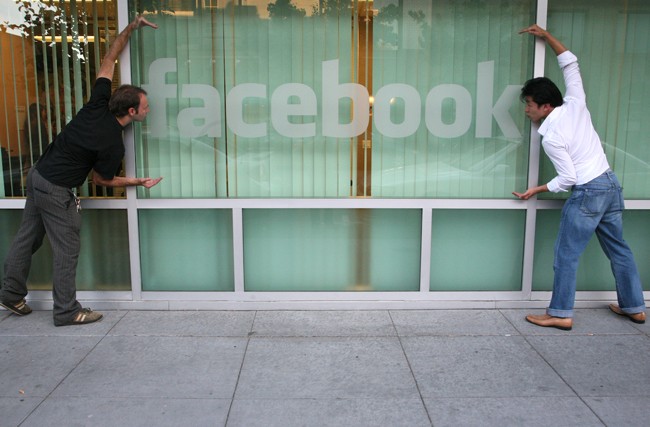
Most employees and job seekers could refuse to turn over private user names and passwords for social media sites without retribution, under a revived measure approved by a Senate panel Monday.
The Senate Commerce and Tourism Committee voted 5-1 to support the measure (SB 186) by Lake Worth Democrat Jeff Clemens. The measure, which is filed for the 2016 legislative session, would prohibit employers from requesting access to private social media accounts.
“People have the right to privacy, and they have a right to not be put under pressure in a job interview to disclose things that maybe they wouldn’t want to disclose and that really has no relation to their ability to do a job,” Clemens said after the meeting.
Clemens said in the past few years, as social media has become more prevalent, about 30 states have adopted similar legislation.
But Clemens’ proposal, which is before lawmakers for the third consecutive year, continues to face opposition from influential business groups, in part, because it would allow employees and prospective hires to sue.
“Employers should have access to any social media platform that employees access during work hours on hardware that they, the employer, actually own,” said Brewster Bevis, senior vice president of Associated Industries of Florida. “We believe the employer can be held legally responsible for information or leaking that is done over that platform.”
Bevis also argued Monday that the measure could block internal investigations into matters such as sexual harassment and bullying.
Sen. Garrett Richter, R-Naples, supported Bevis’ contention about blocking access to internal investigations and provided the lone vote against the measure.
However, Sen. Jack Latvala, R-Clearwater, noted that many companies can block access to social media websites on company equipment and that a business can still investigate cases of harassment as the recipient would have copies of any electronic messages.
“This is the same legislature that in the last two or three years we’ve restricted the use of drones, we’ve attempted … to restrict police officers looking at people’s cell phones and who they’ve called,” Latvala said. “We’ve done a whole lot of things to protect people’s privacy and this is a glaring example of something that I think needs to be done.”
Committee Chairwoman Nancy Detert, R-Venice, said the bill may still need to be amended to focus more on prospective hires.
Clemens said he’s willing to discuss ways that the civil liability issue could be altered, but added that going through an individual’s private social media is similar to going through a person’s private mail.
“I don’t think there is any court in the world that would tell you a business was negligent because they didn’t go through their employee’s mail,” Clemens said.
This bill would prohibit an employer from requesting the user name, password, or any other means of accessing the social media account of an employee or prospective employee, if the social media account’s contents are not available to the general public.
However, people might want to rethink “friending” a boss, as there is nothing in the bill that would prohibit an employer from checking out anything the employee or prospective hire posts that is publicly available.
Also, employers wouldn’t be prohibited from requiring access to a social media account used by the employee for the employer’s business purposes.
The proposal includes some exemptions, such as for employers complying with state or federal laws and for law-enforcement agencies when screening prospective employees or investigating employees.
A similar measure introduced this spring by Clemens failed to get backed by any committees. Two years ago, after a provision was added allowing employers to access employees’ social media information for business-related sites, a proposal was able to clear two of its four scheduled stops.
The new proposal still would need approval from the Senate Judiciary and Rules committees.
–Jim Turner, News Service of Florida





























martha says
In regards to employers butting out of an employees social media, I do believe that if the employees behavior may reflect as an embarrassment to the company it should matter. Just as the case of a long time Palm Coast city fire department employee, who has a very close friendship with a 3 time convicted felon and active drug addict. Although you may say the friendship does not interfere with work perfromance, not receiving a bill for emergency services that were preformed once for this friend could raise a question? The real inquiry here; does the city and citizens feel it is a call of ethical judgment and behavior that should be investigated? or a private and personal lifestyle that is no one’s business even if we pay their salary? What would we think of a local judicial employee having a similar private life? Would we care if the employee worked in our school system, or for a small private business? Is it our right to participate or associate in unethical or questionable private lifestyle because we are not on a time clock?